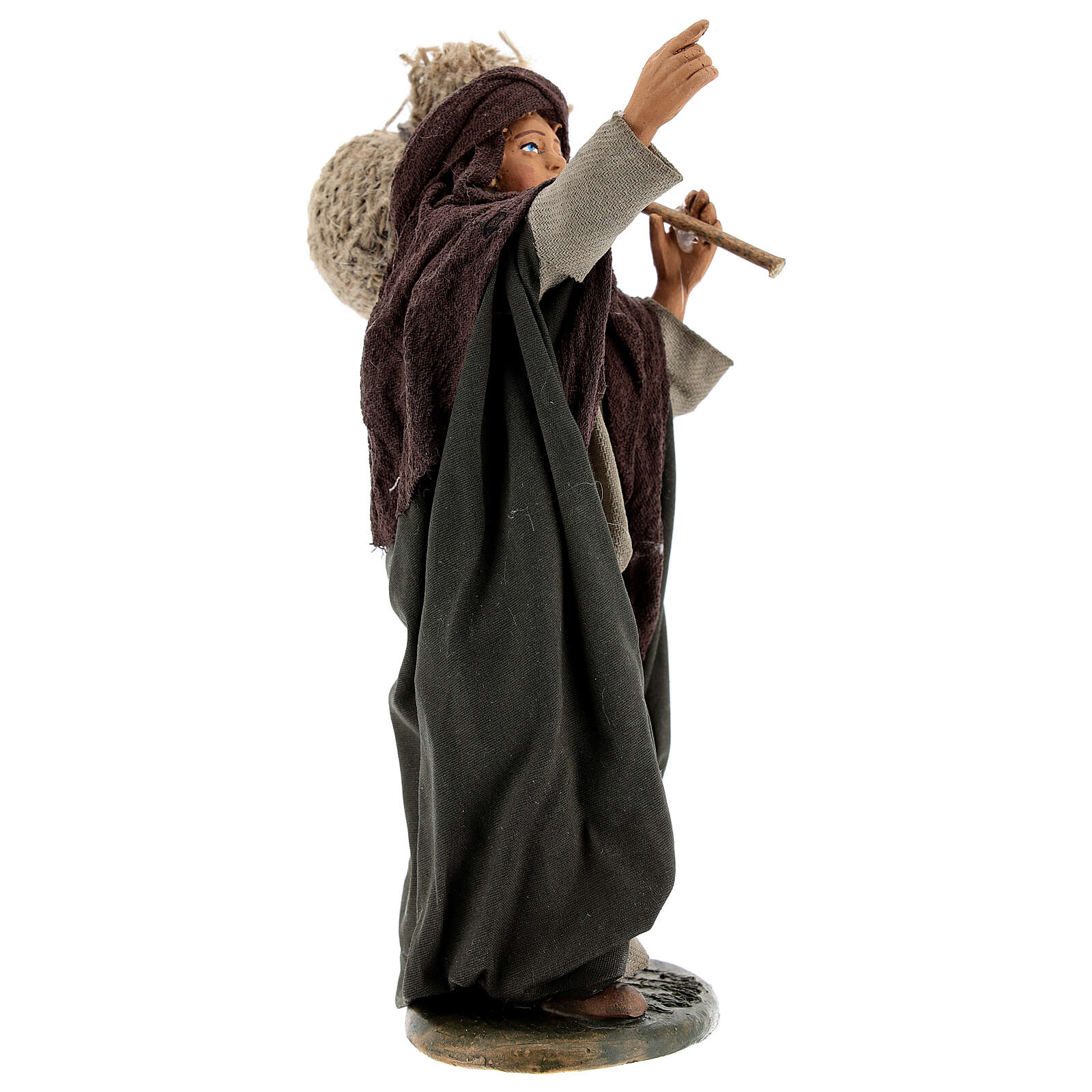

Was it from tears or from the clouds of dry snow?ħShe brushed his jaw with her fingers shaking, as lightly as if it were in a dream. Her gaze grew blurry and she couldn’t see anything. She looked at the dark eyelashes, and an ancient memory surged from a time years ago, outside Moscow. Here was the bed of Isaac Farber lying next to Zakharchenko, and then, suddenly, a familiar face: thick eyebrows, a chiseled jaw, finely formed lips, and two small creases between his brows. The next day, after a sleepless night, they brought Menakhem to the hospital in Praga.ĦAnna was in the midst of night rounds in the surgical ward. He had reached her through fire, through blood, swamps, nights of debauchery, and snowstorms. She again heard Zhillin’s orderly Zadurkin outside, laughing his snide little laugh.ĥNow Zhillin had resurfaced on the banks of the Vistula. Once again it was if she were sinking down into a field of nettles. She again felt his steel pistol against her with his weight. When she closed her eyes she once again smelled his sweaty, liquor stench all over her. Zhillin, who had been awarded the Order of Suvarov First Class, and who had been honored “for distinction in the occupation of Praga and operations on the Vistula.” She ran over to the little white night table and threw down the newspaper. Would Zhillin dare to appear at her door? How would she react to his smile, the smile of NKVD Col. Now she again felt the fever pounding from her eyes.ĤAnna’s agitation had begun as soon as she learned that Nikolai Zhillin was in Praga, and that he could show up at any moment. She held them up towards the gloomy evening light in the window and leaned her large, round forehead on the half-frozen pane. But she was terrified of her hands, of the trembling in her fingers. She turned as white and translucent as the clouds of snow.ģNo, the fatigue was not an excuse. The very whiteness, its wildness, the sharp snow cooled the fever in her eyes.

Anna sensed the wind and felt the cold, and she felt better. The clouds of snow that blasted against the windowpane swirled back into her memory that terrible experience with Zhillin in the swampy woods of the partisans, in the village hut, on the night they had lost the battle.

She stubbornly refused to leave the desolate landscape. She could not tear herself away from the window. She stood for hours on the top floor of the building, staring, immobile, through the little window at the snow-clad world.ĢNearby a rusty brown sheet of metal broke off from a shattered roof, ripping clouds of snow in a fierce blast of wind. The snowstorm that had been raging for three days seemed to be pounding in her temples. Under the pretext of fatigue, she entrusted the fate of the wounded soldiers to Dr. They were sudden and so unexpected that they unnerved her, making her afraid to perform even the simplest operation. Anna Samuelovna Korina of the Red Army’s military hospital in the Praga district of Warsaw on the Vistula. Cover of Dos faln un Berlin, New York: Tsiko Bikher Farlag, 1960.ġTowards the end of January 1945, two personal events deeply shook Dr.


 0 kommentar(er)
0 kommentar(er)
